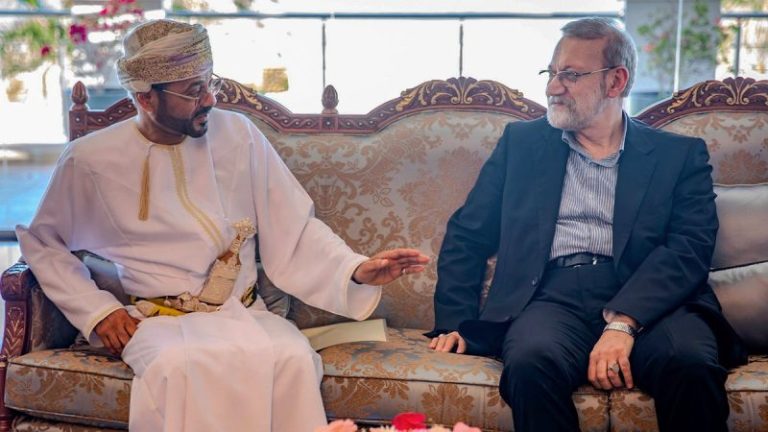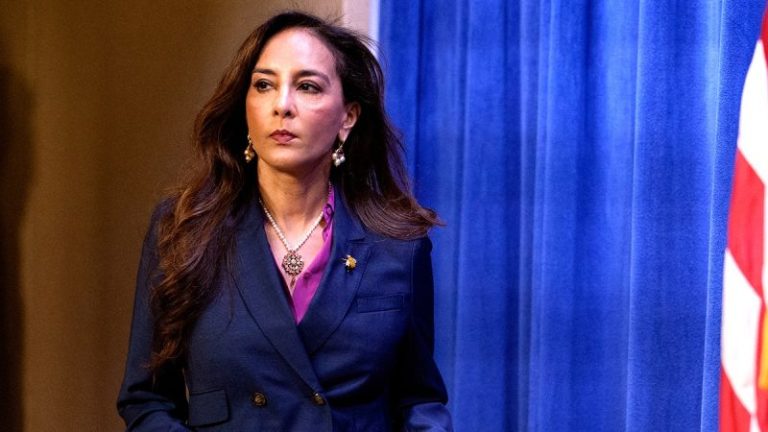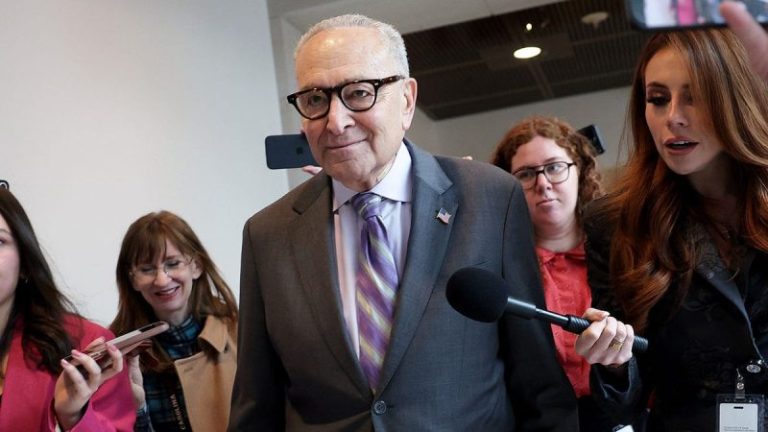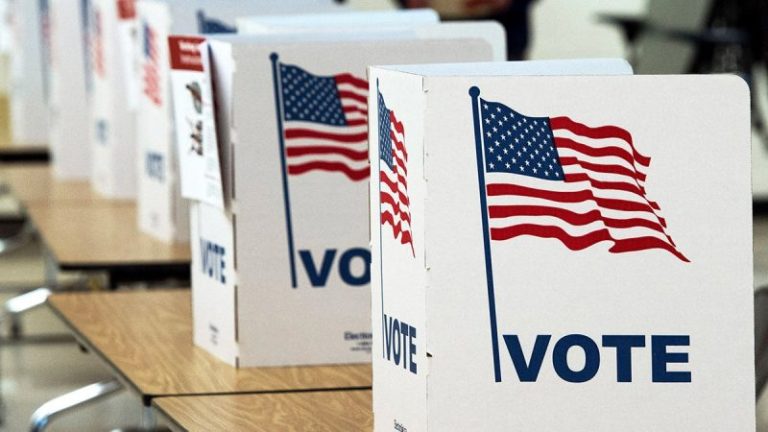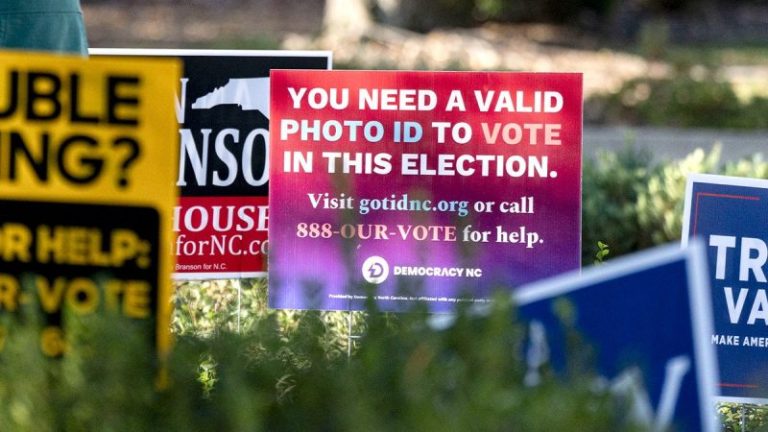Nine Mile Metals LTD. (CSE: NINE,OTC:VMSXF) (OTC Pink: VMSXF) (FSE: KQ9) (the ‘Company’ or ‘Nine Mile’) is pleased to provide the details of drill hole WD-25-05 in addition to a summary of the 2025 drill program completed in December at the Wedge Project.
Drillhole WD-25-05:
DDH WD-25-05 collared on the same drill pad as WD-25-01 and drilled at an azimuth of 310 degrees and a dip of -60 to a final depth of 275 meters.
- DDH-WD-25-05 was successful, intersecting massive VMS (Cu, Pb, Zn, Ag, Au) mineralization between 155.52 – 157.80 meters (Figure 1) followed by 40 meters of mineralized felsic volcanics (rhyolite) as seen in Figure 2 between 157.80 and 197.80 meters before terminating in sediments.
- Mineralization consisted of both pyrite and chalcopyrite as disseminations, masses, and associated with quartz bands parallel to bedding.
- All drill core has been measured, logged, photographed, marked, and cut for sampling at the company’s warehouse in Bathurst, New Brunswick. A quick XRF analysis was also completed for sulphide confirmation – filtering and width identification in definition for sampling core for Actlabs Analysis. A total of 55 sections were delivered to ALS Global in Moncton, New Brunswick for Base and Precious Metals analysis, including Antimony.
FIGURE 1: Brecciated contact between Graphitic Shear and VMS Mineralization.
To view an enhanced version of this graphic, please visit:
https://images.newsfilecorp.com/files/7335/283358_4923c8bf64124805_002full.jpg
FIGURE 2: Banded pyrite and chalcopyrite within siliciifed felsic volcanics
To view an enhanced version of this graphic, please visit:
https://images.newsfilecorp.com/files/7335/283358_4923c8bf64124805_003full.jpg
Drill Holes BHEM -01 and BHEM-02:
Both drill holes were collared on permitted drill pads in the northwest along the western extension (Figure 4). The drill core for both BHEM-01 and BHEM-02 were solid with minimal faulting / fracturing in the host sediments providing ideal drill holes for surveying and subsequent follow up. Collared outside of known mineralization, the holes are well positioned to locate and model adjacent mineralization with no interference from a conductive source within the drill hole. Both holes are capped and easily accessible, the drill pads available for extending drilling further west and if required, additional depth.
FIGURE 3: Drilling BHEM – 01 in Northwest Area
To view an enhanced version of this graphic, please visit:
https://images.newsfilecorp.com/files/7335/283358_4923c8bf64124805_004full.jpg
Gary Lohman, VP Exploration, Director stated, ‘Our Wedge Drill Program has been very successful, intersecting Massive Cu bearing VMS where targeted in the western extension of the Wedge Deposit, as designed. Two holes were also drilled in the Northwest area to facilitate an upcoming BHEM survey, their locations in solid rock on the flanks of previous underground workings. In addition to identifying additional mineralization, the size and scale of the individual geological units and results from the upcoming BHEM program will assist in modeling the deposit and targeting additional drilling along the western extension. After our successful drilling in the southern lower extension of the deposit, our knowledge of the deposit and mineralization has increased and identified new areas of priority that were not permitted for this past drill program. We have identified new drill collar locations to continue to test the Copper Zone on the western extension in addition to potential locations that avoid the shear zone in the south. New permitting is underway in preparation of an exciting 2026 campaign at the Wedge, including our West Wedge and Tribag Target Trend drill programs.’
2025 Drill Program Overview:
The program consisted of 7 drill holes totaling 1,654 meters with 5 holes targeting copper mineralization in the western extension of the Wedge Mine with two additional holes collared in the northwest to facilitate BHEM (Bore Hole Electromagnetic) surveying this spring. The goal is to map the depth of the deposit and define the new copper zone. We should also be able to map the western parameters of the deposit, heading west towards the Tribag and West Wedge along trend.
The 2025 drill program was highly successful, with all five drill holes targeting copper mineralization intersecting both massive VMS (Cu, Pb, Zn, Ag, Au) and banded copper sulphide mineralization. The two holes collared to facilitate BHEM geophysical surveying were also successful, collared in the northwest portion of the western extension, away from the large, graphitic shear zone that bounds the deposit in the south and west of the interpreted extent of previous, underground workings. BHEM surveying has its best results when drilled away from the mineralization and the magnetic interference.
The five drill holes targeting mineralization were all collared in the southwest, crossing through a brecciated, graphitic shear zone (tectonic melange) before intersecting a well-defined massive VMS (Cu, Pb, Zn, Ag, Au) horizon. This is characteristic of the mineralized contact after which a sequence of intercalated sediments and volcanics are cut prior to the holes intersecting the main zone of VMS mineralization with mineralized widths between 13 and 48 meters.
The VMS mineralization consisted of abundant pyrite and lesser chalcopyrite, sphalerite, and galena. Local, secondary copper, covellite (CuS) and bornite (Cu5FeS4), was also identified in drill holes WD-25-02 and WD-25-04.
In the west, the metal zonation appears different than the drill holes completed in the east with the prevalence of a greater concentration of chalcopyrite and pyrite with lesser galena (Pb) and sphalerite (Zn). Although it is early in the process, we have confirmed the presence abundant chalcopyrite and coarser grained pyrite in the western extension.
The key observations in this program include:
- Graphitic Shear Zone in contact with VMS confirmed as a diagnostic marker horizon in the southwest.
- Mineralized siliceous volcanics were intersected in numerous drill holes, defining an additional, mineralized sequence.
- VMS mineralization occurs in multiple horizons as seen in holes WD-25-01 and WD-25-02.
- The intersected units (Argillite, VMS and Felsic Volcanics) are of substantial width and extent which will assist in the 3D modeling of the deposit and subsequent drill hole targeting.
Patrick J Cruickshank, MBA, CEO & Director, stated, ‘We are thrilled with the success of our Wedge Phase 2 Drill Program. To have all 5 holes strike mineralization was more than we expected. It is a testament to our Technical Team and specifically, Mike Dufresne and Gary Lohman. We already have identified Phase 3 Drill holes and are determined more than ever to expand this deposit’s footprint and expose this entire new 3rd High Grade Copper Lens. In addition, the BHEM surveys, the Phase 3 Wedge Drilling, the TriBag & West Wedge drilling to test this VMS Cluster Trend, 2026 will be filled with Wedge Project activity. We expect our first Assays to arrive this week from ALS Global and look forward to sharing the results.’
FIGURE 4: Drill Hole Locations, WD-25-05, BHEM-01, BHEM-02
To view an enhanced version of this graphic, please visit:
https://images.newsfilecorp.com/files/7335/283358_4923c8bf64124805_005full.jpg
All drill core has been measured, logged, photographed, marked, and cut for sampling at the company’s warehouse in Bathurst, New Brunswick. A quick XRF analysis was also completed for sulphide confirmation – filtering and width identification in definition for sampling core for ALS Global. A total of (57) samples in Hole WD-25-05 have been identified for Base and Precious Metals analysis, including Antimony, and have been shipped to ALSGlobal, Moncton, New Brunswick for Rush processing.
The disclosure of technical information in this news release has been prepared in accordance with Canadian regulatory requirements as set out in National Instrument 43-101 – Standards of Disclosure for Mineral Projects (‘NI 43-101’) and reviewed and approved by Gary Lohman, B.Sc., PGO., VP Exploration and Director who acts as the Company’s Qualified Person, and is not independent of the Company.
About Nine Mile Metals Ltd.:
Nine Mile Metals Ltd. is a Canadian public mineral exploration company focused on VMS (Cu, Pb, Zn, Ag and Au) exploration in the world-famous Bathurst Mining Camp, New Brunswick, Canada. The Company’s primary business objective is to explore its four VMS Projects: Wedge VMS Project, Nine Mile Brook VMS Project, California Lake VMS Project, and the Canoe Landing Lake (East – West) VMS Project. The Company is focused on Critical Minerals Exploration (CME), positioning for the boom in EV and green technologies requiring Copper, Silver, Lead and Zinc with a hedge with Gold.
Social Media
X: @NineMileMetals
LinkedIn: Nine Mile Metals
Facebook: @ Nine Mile Metals
ON BEHALF OF Nine Mile Metals LTD.
‘Patrick J Cruickshank, MBA’
CEO and Director
T: +1.506-800-0581
E: info@ninemilemetals.com
This press release may include forward-looking information within the meaning of Canadian securities legislation, concerning the business of Nine Mile. Forward-looking information is based on certain key expectations and assumptions made by the management of Nine Mile. In some cases, you can identify forward-looking statements by the use of words such as ‘will,’ ‘may,’ ‘would,’ ‘expect,’ ‘intend,’ ‘plan,’ ‘seek,’ ‘anticipate,’ ‘believe,’ ‘estimate,’ ‘predict,’ ‘potential,’ ‘continue,’ ‘likely,’ ‘could’ and variations of these terms and similar expressions, or the negative of these terms or similar expressions. Forward-looking statements in this press release include that (a) prior to commencing the 2023 exploration drill program, the ground will be mapped at surface and representative samples analyzed to determine the base and precious metal assay values, (b) the Ag and Au values will be reported upon receipt of the certified assay results from ALS Global, and (c) our current financial raise will enable us to drill the Wedge Project (along with our Canoe Landing VMS Project and follow up exploration work on our California Lake VMS Project) this season as opposed to next year. Although Nine Mile believes that the expectations and assumptions on which such forward-looking information is based are reasonable, undue reliance should not be placed on the forward-looking information because Nine Mile can give no assurance that they will prove to be correct.
The Canadian Securities Exchange (CSE) has not reviewed and does not accept responsibility for the adequacy or the accuracy of the contents of this release.
____________________________________________________________________________________
The Canadian Venture Building, 82 Richmond Street East, Toronto, ON M5C 1P1 (T) (506) 804-6117
www.ninemilemetals.com
To view the source version of this press release, please visit https://www.newsfilecorp.com/release/283358

